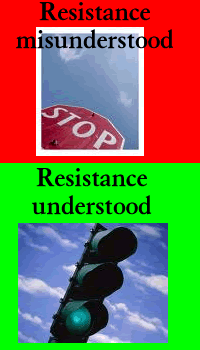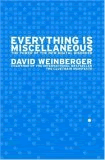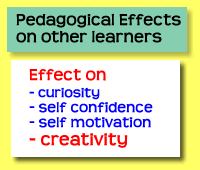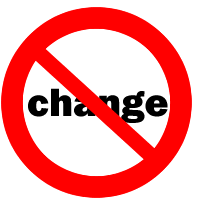Most entrepreneurs are not empowered learners. They assume they know enough about their customers and market. They ignore valuable lessons, disregard their rivals and get devastated by setbacks. They exhibit signs of powerlessness in spite of having gone into business for themselves. By thinking "I can't" and failing to learn from what happens, they contribute to the staggering failure rate of start-ups.
Yesterday I was a guest blogger on Joe Hauckes' Working at Home on the Internet. I explored how blogging makes it much easier to learn from customers than small businesses that are relying on complaints and feedback forms. With the right tools making the job easier, it seems likely that more entrepreneurs will act like empowered learners. Their start-ups will thrive and their customers will be satisfied.
In most cases, the better tools are not enough of a change for entrepreneurs to start acting empowered. Powerlessness is usually addicting and self perpetuating. Self sabotage is deeply subconscious and defiant of mentors, rescuers and counselors. The victim stories poison personal ambitions and optimism. Learning is prohibited by their deep-seated strategy for finding safety, staying out of danger and avoiding reenactments of previous traumatic incidents.
 At this subconscious level, powerlessness is a solution, not a problem. When mistreated by a pathological diagnosis, the powerlessness persists. The resistance to change is a form of cooperation that signals the immediate need to understand, allow and accept the solution in use. The resistance tells us to stop negating the powerlessness.
At this subconscious level, powerlessness is a solution, not a problem. When mistreated by a pathological diagnosis, the powerlessness persists. The resistance to change is a form of cooperation that signals the immediate need to understand, allow and accept the solution in use. The resistance tells us to stop negating the powerlessness.
Trauma is stored in the body and the amygdaloidal portion of the brain. Our neurophysiology is imprinted to be hypervigilant about that kind of danger we've encountered. We live in the past so we don't mistake the enemy for an ally again, and don't foolishly fall in the same trap of false promises. This part of our mind is like a seismic recorder. It remembers personal history like it just happened -- in order to improve our chances for survival. It overrides rational thinking with strong urges, self-sabotaging reactions and panic attacks.
When all this subconscious trauma is understood, immediate dangers can be reassessed. Paranoia and suspicions can be reality tested. Crippling fears can be put in the enlivening context of more recent experiences with success, efficacy, admiration and respect. New and old solutions can be compared for finding safety, avoiding danger, and preventing reenactments of trauma. Choices get considered that were previously inconceivable. The victim story finds closure. The facts of life about limitations, dangers and cruel fate -- get revised. A preferred narrative replaces the chronic tale of woe and persecution.
When seen this way, we don't really empower other people. We help them find their own power, freedom and choices. When we see their powerlessness as a solution, we help their self-sabotage feel understood. That creates a far-from-equilibrium situation where personal transformation and renewal occur



















